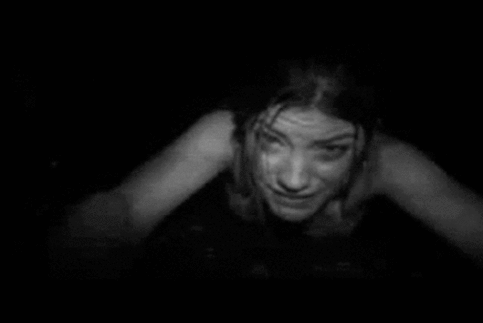
Cerberus
The Hunter Faction of the Hounds of Hell MC
Daimonis
Believing themselves secure in their powers, mortals have long sought to command the forces of the otherworld. Also known as Daimonic Summoning, this Praxis deals with the nebulous powers of the Deep Umbra. This is the most dangerous form of magic possible, for the creatures being courted extend beyond the limits of human understanding. Some sorcerers claim that every god, demon or angel ever conceived has some otherworldly incarnation. As with most arts, the style and mode of this practice varies with the tradition - a Kabbalist works differently than an American Satanist, and one does not attempt to call an angel with the rite used for an African devil. However, one thing is certain - commerce with creatures so alien to human existence always comes at a high price.
No sorcerer with half a brain performs these spells lightly or carelessly. This sort of summoning demands plenty of ritual tools, days of preparationand all senses working on full thrusters when - or if - the summoned creature appears. A sorcerer needs to be clever, strong-willed and lucky if she’s going to truck with Umbrood - there are reasons why the gods do not walk the earth, and the Storyteller is under no obligation to be merciful. Depending on the creature that arrives, the Storyteller may allow it to win on all ties or even shrug off certain spells. Daimonis is concerned only with Umbrood. The path of Spirit Calling handles incarnations of nature and the elements, and the Restless Dead are the province of Necromancy. For rules regarding spirit creation and combat, see Chapter Four or Laws of the Wild.
Basic:
Summoning
You may summon a single Umbrood, such as one of the infernal host, a demon baron, an angel, even a Celestine if you get very lucky. However, you cannot control what it will do once it arrives. Casting this spell requires an Extended Mental Challenge.
Dismissal
This simple spell allows you to protect yourself from the forces you summon. By winning a Social Challenge, you may force a summoned Umbrood to leave the immediate area for the remainder of the scene. If you take the time to enact a full ritual, you may extend the duration to an entire day. This spell may even be used to attempt to exorcise a hostile spirit that has taken possession of another individual (this has no effects on wraiths using Puppetry or who are skinriding). You may not cast such a spell on yourself.
Intermediate:
Lesser Pact
You are now able to force certain behavior in lesser beings or negotiate a temporary truce with greater entities. If you succeed in a Mental Challenge, you may require a minor Umbrood to perform one action. If the task assigned would take more than an hour to complete, you must also spend a temporary Willpower Trait once the challenge is resolved. Alternately, a successful Social Challenge (and plenty of roleplaying) will render any otherworldly being non-hostile. The spirit will not harm you or those under your protection for the remainder of the scene, though any other action is fair game.
Dolor
This spell allows you to direct your wrath against spirits who displease you. For each success on an Extended Mental Challenge, you may inflict one aggravated wound. Willpower may not be used to resist this effect, though it does allow for a retest. This power may be used on any being that originated somewhere other than the physical world.
Advanced:
Truce
A greater form of Dismissal, this spell can be used to terminate your relations with a particular spirit. This effect only prevents the creature from coming within sight of you or affecting you directly. Alternately, you may choose to protect some other individual or object. The application requires a temporary Willpower Trait and lasts for the remainder of the current storyline. Truce may not be used to end demonic pacts.
Master:
True Binding
Beyond mere control over lesser Umbrood, this potent spell allows you to attempt direct mastery over any being you are capable of summoning. You must know the appropriate Summon spell before attempting to control a specific individual, though your target need not be one that you personally summoned. This spell requires an Extended Mental or Social Challenge (Storyteller’s choice). However, unlike normal Extended Challenges, both sides continue accumulating successes until there is a clear winner. The first player to gain a number of successes equal to his opponent’s current Willpower Rating wins the overall challenge. The terms and conditions of this binding must be specified before the spell is cast. They may be as specific as requiring a single action of arbitrary difficulty or as open-ended as serving the victor until released. However, if the binding lasts for more than one month, the captive may reattempt the challenge. If the captive is successful, the tables are turned and the servant becomes the master. This gambit may occur at any pointduring a game session, though only one attempt is allowed per month. It should go without saying that only a fool would attempt to make an Umbrood into a pet. The sorcerer would do well to remember that his captive will, at some point, go free and is likely to savor his revenge in the way that only immortals can.
